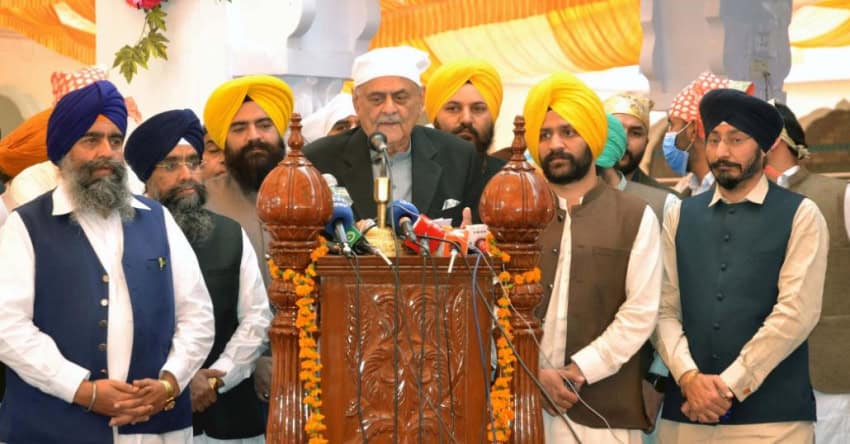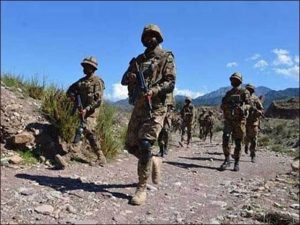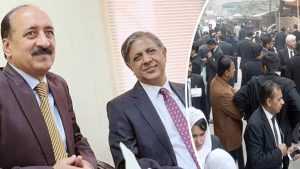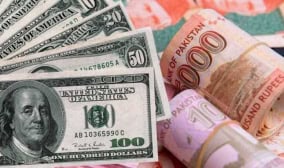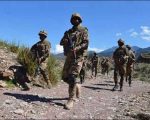ISLAMABAD – Pakistan’s Minister for Anti-Narcotics Ijaz Ahmad Shah has said the establishment of Baba Guru Nanak University at Nankana Sahib will bring an educational revolution in the region.
Addressing the central ceremony of 100-year celebrations of Sikh Religious festival Saka at Nanakana Sahib, he said the construction work of the university will soon be completed.
The minister said that separate departments for Punjabi and Khalisapan will be made in the university and all funds would be spent by the Pakistan government for the university, the state broadcaster reported.
Shah said all minorities in India are facing atrocities by the Indian rulers and the majority, whereas all minorities in Pakistan have been given due respect by the society.
The Sakka Nankana Centenary function was held in Gurdwara Janam Asthan Nankana Sahib today (21 Feb 2021) from 1100- 1230 hrs. About 2000 Sikh and Nanak Namlewa attended the rituals. Local MNA and Federal Minister Brig (Retd) Ejaz Shah was the Chief Guest pic.twitter.com/11HjoEprKv
— Pakistan Sikh Gurdwara Parbandhak Committee (@parbhandak) February 21, 2021
The function for the centenary of Sri Nankana Sahib massacre, which is popularly known as Saka Nankana Sahib, was jointly organised by Evacuee Trust Property and Pakistan Sikh Gurdwara Parbandhak Committee (PSGPC).
A jatha from India was supposed to take part in the Nankana Sahib’s week-long programme, but before they could cross the Attari-Wagah border on February 18, the Centre denied the permission, citing “security concerns and Covid-19 threat”.
The 100th anniversary of Saka #NankanaSahib which is linked with Gurdwara Reform Movement holds special significance in minds of #Sikh community. It should not be denied the opportunity to commemorate the occasion in Pakistan as planned. 2/3 pic.twitter.com/XGvMqWVSY4
— Harsimrat Kaur Badal (@HarsimratBadal_) February 20, 2021
On 20 February 1921, more than 200 Sikhs were killed, including children as young as seven, by the Udasi Custodian Mahant Narayan Das and his mercenaries. The event forms an important part of Sikh history.
In political significance, it comes next only to Jallianwala Bagh massacre of April 1919. The saga constitutes the core of the Gurdwara Reform Movement started by the Sikhs in early twentieth century.

